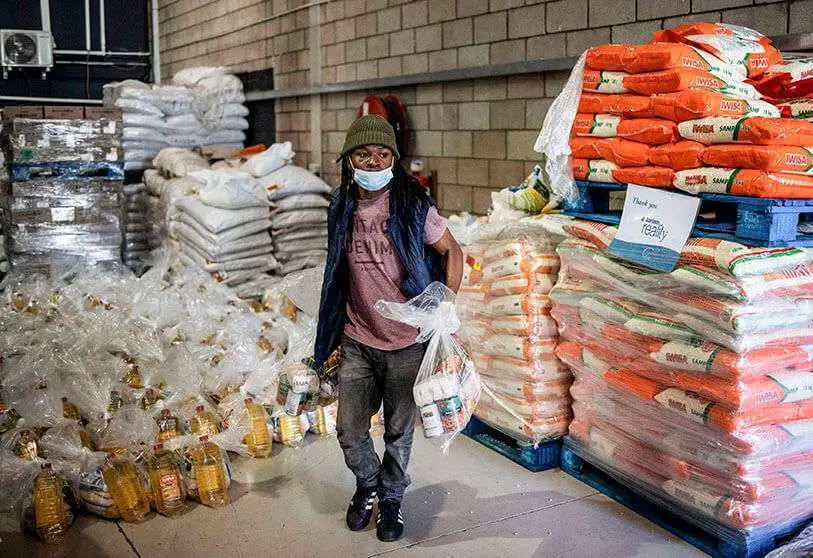Coronavirus threatens to leave 49 million more Africans in extreme poverty

The economic effects of the pandemic and its aftermath may push 49.2 million people into extreme poverty in Africa, according to estimates by the African Development Bank (AfDB), which believes that the central and western parts of the continent will be most affected. The number of people living in extreme poverty on the continent, i.e. on less than $1.90 a day, could reach 453.4 million by 2020 in the best scenario and 462.7 million in the worst.
Before the coronavirus, that figure, which was already expected to rise from last year, was estimated at 425 million, according to a statement sent to the media on Wednesday. To those between 28 million and 37.5 million extra in 2020 should be added another between 34 million and 49.2 million next year. Nigeria and the Democratic Republic of the Congo (DRC) will suffer the greatest growth. With this scenario, several African countries will fall short of the goal of eradicating extreme poverty by 2030, the report says.

The AfDB believes that if COVID-19 is well managed and the curve is flattened and the economy reopened, the economies of the continent as a whole can grow by 3%, from the 3.4% drop that is forecast as the worst economic scenario this year. "The Africa Economic Outlook 2020 Supplement shows that, for the first time in the last half century, Africa can face its first economic recession," explained AfDB's Director of Macroeconomic Policy, Hanan Morsy.
These are, however, more optimistic economic forecasts than those of the World Bank (WB), which predicts a fall in 2020 of between 2.1% and 5.1%; while the International Monetary Fund (IMF) predicts that Africa will face an "unprecedented" economic and health crisis with a 1.6% decline this year. The African economy was set to grow by 3.9% in 2020 and 4.1% in 2021, according to AfDB predictions earlier this year, when the pandemic had not yet reached the continent.

However, according to this new, revised report, this economic contraction could cost the continent between $145 billion and $189.7 billion in gross domestic product (GDP).
The AfDB recommends a public health policy that will contain the spread of the virus and minimize deaths, while monetary policy will ease liquidity constraints and solvency risks, and the fiscal response will cushion the economic effects of the pandemic. The tourism, transport and entertainment sectors will take longer to recover, according to the AfDB.
The African continent passed the 500,000-case mark this week, although 42 percent of the cases are in South Africa (215,855 cases), and the death rate remains generally lower than in other parts of the world, with nearly 12,000 deaths across the continent.










